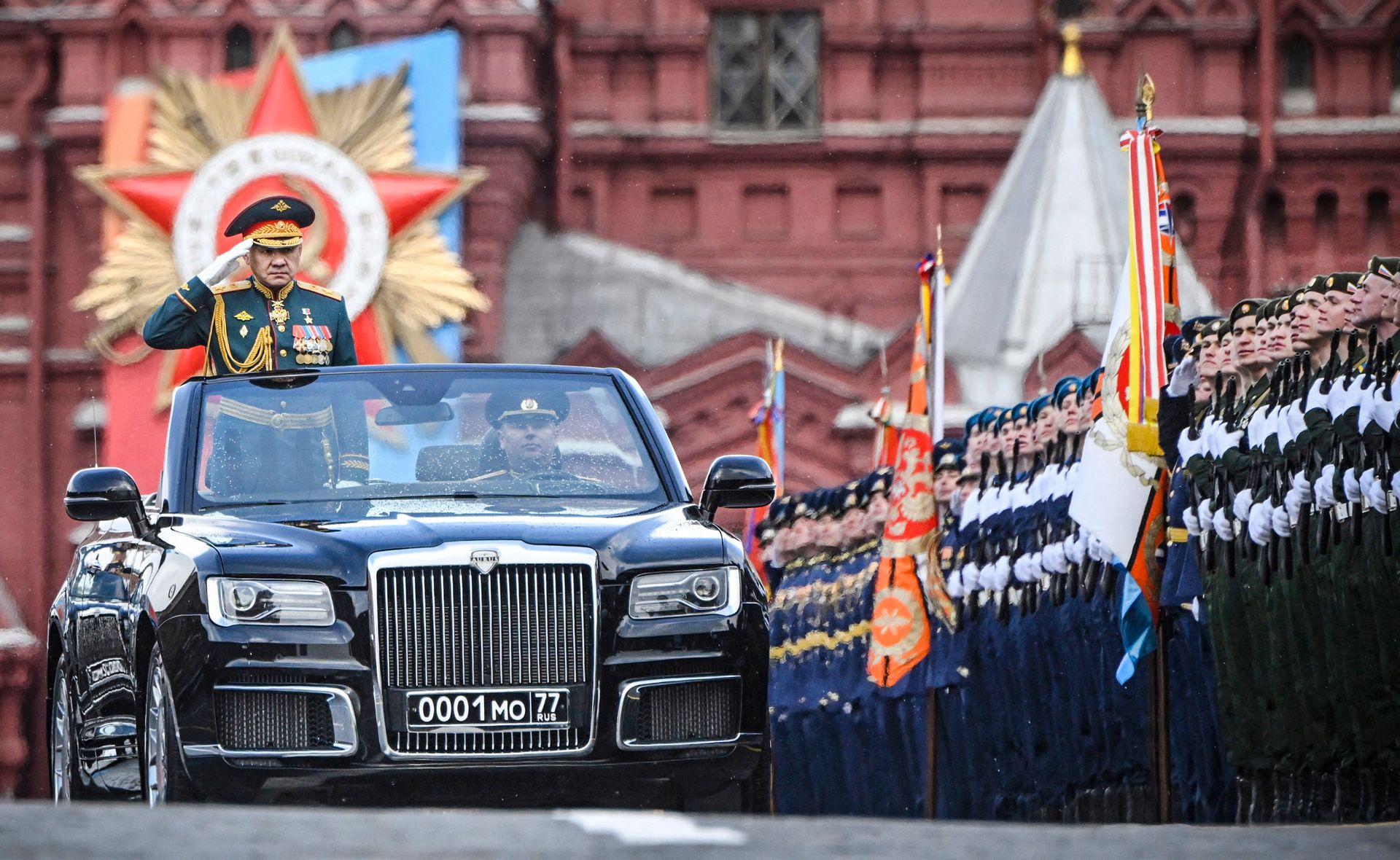Russia restricts Telegram, WhatsApp calls amid push for domestic alternatives

Russia is "partially restricting" voice and video calls on the Telegram and WhatsApp messengers, the country's communications regulator, Roskomnadzor, announced on Aug. 13.
The crackdown aligns with a broader strategy to replace Western services with domestic alternatives as the Kremlin intensifies efforts to create what it calls a "sovereign internet."
Roskomnadzor claimed the apps have become "the main services used to defraud and extort money, and to involve Russian citizens in sabotage and terrorist activities."
The restrictions come shortly after the pro-Kremlin outlet Ostorozhno Media quoted a government source saying major Russian telecom operators had urged the Kremlin to block foreign messenger calls.
Operators reportedly pointed to rising equipment costs from sanctions, higher maintenance expenses, and surging mobile traffic, as well as concerns about liability for failing to block suspicious activity.
In June, Russian President Vladimir Putin signed a law to establish a national digital platform centered on the state-developed Max messenger, integrated with government services. Human rights groups have warned that the platform could be used as a tool for state surveillance
In recent weeks, Russian regional authorities have intensified internet shutdowns and slowdowns in an effort to disrupt Ukrainian drone navigation. Russian officials have recommended that citizens use wired internet, Wi-Fi, offline maps, and cash or non-digital payment methods when the internet is jammed.
Meta, the U.S. company that owns WhatsApp, is designated in Russia as an "extremist organization." Citizens frequently rely on virtual private networks (VPNs) to bypass the country's digital censorship.











